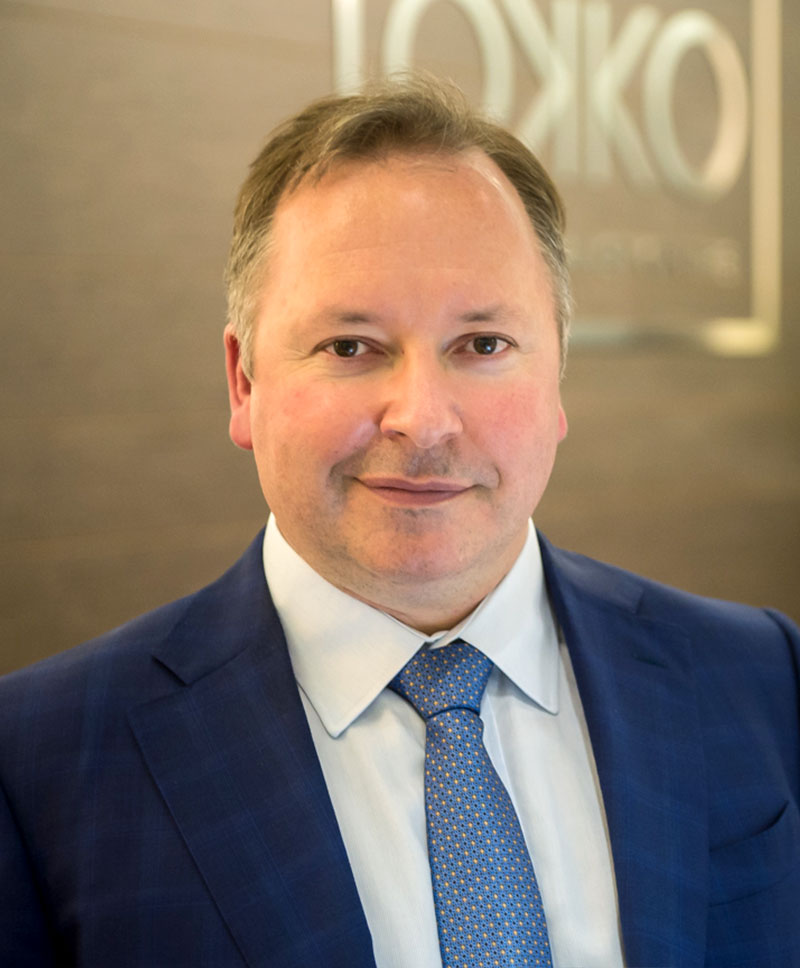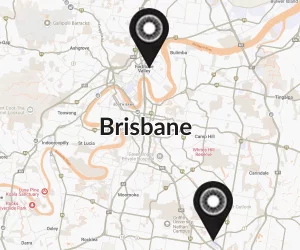
PRK surgery glasses: What you need to know
After PRK surgery, one of the most important parts of healing well and getting the best results is protecting your eyes. And yes, that means wearing glasses — but not just any kind.
In this blog, we’ll explore why PRK patients need glasses after surgery, how to choose the right type, and what to expect during your recovery journey. If you're thinking about laser vision correction, take the first step and find out if you might be suitable for PRK surgery Brisbane. You can also check out our recent guide to PRK surgery sunglasses.
Why glasses are important for recovery after PRK
PRK (photorefractive keratectomy) is a type of laser eye surgery that reshapes the cornea to correct vision problems like nearsightedness, farsightedness, and astigmatism.
During the procedure, the surface layer of the cornea is gently removed, exposing the tissue underneath so it can be reshaped with a laser. Unlike LASIK, PRK doesn’t involve creating a corneal flap. That means it takes a bit longer to heal, and the eyes need more protection in the early stages.
Glasses play a critical role in this recovery period. Here’s why:
- Your eyes are more sensitive to light after surgery
- They need shielding from UV rays, dust, and wind
- Sunglasses and protective glasses can reduce discomfort
- Wearing the right glasses can help you avoid complications and stay comfortable.
Protecting your eyes from UV rays with sunglasses after PRK
Your cornea is healing and vulnerable after PRK. Exposure to UV light during this period can slow healing or affect the results of the procedure.
Sunglasses are your first line of defence. Your surgeon may recommend wearing them for several weeks whenever you go outdoors, even on cloudy days.
Look for:
- UV 400 protection to block 100% of UVA and UVB rays
- Polarised lenses to reduce glare
- Wraparound designs for extra coverage.
Your sunglasses don’t have to be expensive, but they should be high quality and comfortable enough to wear for extended periods.
Choosing the right PRK surgery glasses and sunglasses
Right after surgery, you might be given clear protective goggles to wear at night while you sleep. This helps stop you from rubbing your eyes without realising.
During the day, your surgeon may recommend sunglasses or lightly tinted glasses, especially if you work in bright environments or have prolonged screen exposure.
Tips for choosing post-PRK glasses:
- Choose frames that fit well and don’t put pressure around your eyes
- Look for scratch-resistant lenses to protect from dust and particles
- Ask your clinic if they offer PRK recovery kits with recommended eyewear.
How long to wear glasses after PRK Surgery
In the first week, it’s important to wear sunglasses outdoors and protective glasses indoors if your eyes are highly sensitive to light.
Some people find they still need mild prescription glasses for activities like driving at night or reading, especially in the first few months. Your surgeon will guide you on when your vision has stabilised enough to reassess your glasses needs.
If you wore glasses before PRK, you might not need them afterward — but it depends on your eyes and your vision goals.
Can you maximise the results of PRK with the right glasses?
In the early healing stages, glasses help reduce light sensitivity and promote comfort. Later on, you might be fitted with temporary glasses if there is residual refractive error (a slight blur in vision) while your cornea finishes healing.
Wearing the right glasses at each stage of recovery can:
- Improve your comfort
- Reduce eye strain
- Support clear vision while healing.
Always follow your surgeon’s advice about what glasses to wear and when to wear them.
Will I have to wear glasses years after PRK?
Many people have long-term freedom from glasses after PRK. But as we age, our eyes naturally change. It’s normal to need reading glasses later in life due to presbyopia (age-related focus changes).
PRK corrects your current vision, but it doesn’t stop age-related changes. You may enjoy years of glasses-free vision and still eventually need glasses for specific tasks.
Your surgeon can help you understand what to expect based on your age, lifestyle, and eye health.
Final thoughts: Taking care of your eyes after PRK
PRK is a well-established laser procedure that has helped many people reduce their dependence on glasses and contact lenses. But recovery is a key part of getting the best results.
Wearing the right glasses — from sunglasses with UV protection to clear night-time shields — is a simple way to protect your eyes and support the healing process.
If you’re thinking about vision correction, the first step is to find out if you’re suitable.

Hi, I’m Dr. Matthew Russell, your laser and cataract surgery specialist
HI I’M DR. MATTHEW RUSSELL YOUR LASER EYE AND CATARACT SURGERY SPECIALIST
With over 15 years of experience, I enjoy the privilege of helping patients of all ages reclaim clear vision or preserve it for as long as possible.
Vision correction and high-precision cataract surgery hinge on the expertise and skill set of the provider who also has access to the most precise tools for the job. Ophthalmic surgeons like me know how to make treatment safe, comfortable and positive for the patient. They know how to minimise the risk of complications and maximise successful outcomes.
I have a passion for helping my patients enjoy the clear, high-definition vision they need to live rich and active lives. Now, I have hand-picked a team of professionals that share my passion and commitment to exceptional care.
Dr. Matthew Russell
MBChB, FRANZCO





